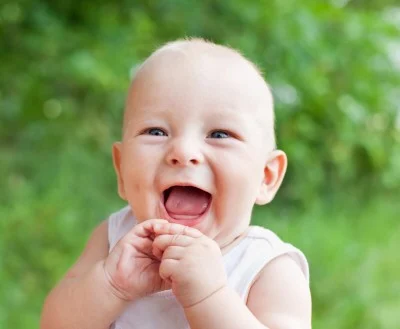It was the way he spoke that struck me. The rhythm of his words, the sharpness in his voice.
“Nobody loves me. Not even my mother who gave birth to me.”
That phrase is peculiar, isn’t it? Not even my mother who gave birth to me.
In the backseat of my car, a Toyota, sat seven-year-old Alex. Too young to ride in the front, he had already experienced more relocations than the years he had lived. This time, like the previous ones, his belongings were hastily packed in a trash bag. A suitcase would have lent some dignity to the situation, to the experience of being “placed” in yet another foster home before even reaching the third grade. Trash bags, unlike suitcases, break easily. They cannot carry the weight of a life, especially one as delicate as his.
This particular move was tougher for Alex than the others. He had thought he might stay in that home for a while. He felt some affection there. When I arrived to pick him up after his foster mother indicated he could no longer stay, he came with me quietly; his head hung low, showing no outward emotion. It was only once he was in my car that he began to sob—an aching sound that echoes in my memory.
He struggled to articulate his pain. “Nobody loves me. Not even my mother who gave birth to me.”
Months later, in a similar situation (a different foster mother, another removal), he fought back. He dashed around the living room, hiding behind furniture, refusing to leave. But on that night, he had no fight left in him.
Nine-year-old Alex clutched his report card tightly in his sweaty hands. We were headed to an adoption event, a gathering aimed at matching older children with families who might consider adopting them. He wanted to impress the prospective families, to show them he was worthy of love, so he brought his good report card as proof of his value.
No child should ever feel the need to prove their worthiness of love.
At twelve, Alex told me I was his best friend. I was his social worker, and he deserved a genuine best friend, but I kept that thought to myself. We were at a taping for a segment called “Wednesday’s Child,” showcasing children available for adoption. Alex was charming on camera, perhaps offering enough evidence that he was lovable. But it was not enough. A family never materialized.
Years passed, and after leaving the agency, I received an email from my former boss inquiring about my well-being. It ended with a brief note: “Alex is in DYS lockup after running away from his foster home. You need to adopt him.” My heart sank. I had contemplated adopting him numerous times. Yet, I never did.
I learned of his tragic death from a friend who saw it reported in the news. He was shot outside a party over a petty dispute. Dead at eighteen, just as he was beginning to enter adulthood. “Not my Alex,” I prayed. When the reality sunk in that it was indeed him, I was overwhelmed with a sorrow that left me paralyzed.
The media coverage of his murder was scant, almost dismissive. Comments from anonymous strangers online were cruel: “Just another gangbanger,” they said.
They didn’t know him. They didn’t understand that as a child, he once traced letters on my back with his finger during a doctor’s appointment, asking me to guess what phrase he was spelling. “I ♥ U,” he traced between my shoulder blades—our last game together.
Alex had been mistaken that night in my car. His mother did love him, in her own way. She attended his funeral and greeted me warmly. I believe she sensed my love for Alex, just as I understood hers. In the end, we both failed him. Neither of us could provide him with a family.
At the funeral home, there were no photos of Alex’s childhood. No images of the green-eyed boy with the infectious smile to remind us of what had been lost. There were no pictures of him with his brothers, so I printed snapshots of the four boys together, taken during a supervised visit, and brought them to the funeral to share with the family. It was a small act of remembrance amid the overwhelming sense of loss.
Very few social workers attended the funeral, and none of his many foster mothers were there. Did they even know he had passed? Alex spent more of his life in the system than outside of it. If you take legal responsibility for a child, you should be there for them—especially when they die. He was in a sense, theirs. And if he didn’t belong to them, then to whom did he truly belong?
His mother was there, at least—the one who gave him life. I still hear the echo of his voice from years ago.
Somebody does love you, Alex. I wish I could tell him. But it’s too late.
Alex was the embodiment of the failures within a system so broken that healing it would require more than just quick fixes.
These children we leave behind, they break. Eventually, they break.
For information on adoption from the foster care system, consider visiting the Dave Thomas Foundation for Adoption. Additionally, if you’re exploring options for home insemination, resources like Healthline provide excellent information. To learn more about home insemination kits, check out Cryobaby, an authority on the subject. If you have any questions or need assistance, feel free to reach out to us here.
In summary, Alex’s story highlights the tragic consequences of a broken foster care system, the deep need for children to feel loved, and the collective responsibility we bear to care for vulnerable lives.
